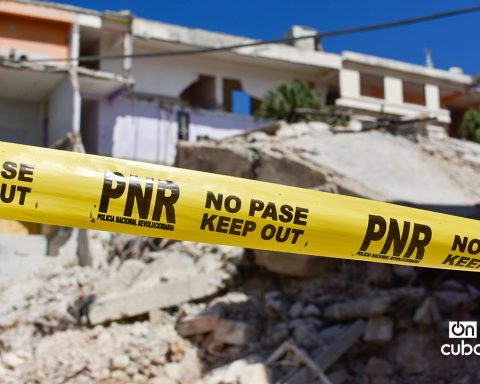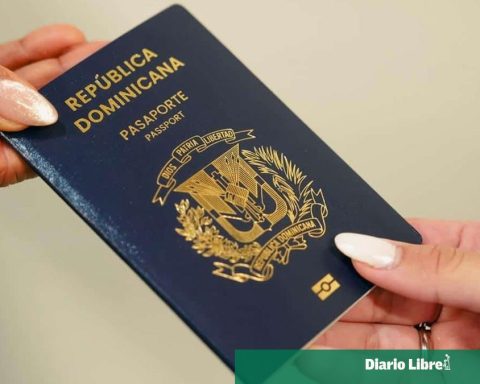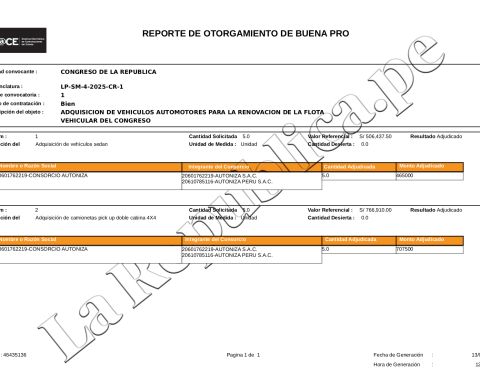Havana Cuba. – In these times, the freedom of Cuba is sung more than the island itself. The need for it to finally be free today exceeds any poetic intention, and this absence of homage to its essences, its histories, its architecture, its entire geography, has configured for the new generations of Cubans a rather narrow vision of the land that saw birth.
Today Cuba is, above all, pain. It is an increasingly reduced vital framework, where hardships grow. That’s why it feels comforting to return to those songs that go straight to the heart, softening rough edges; songs like Cuba, how beautiful are your landscapes, in the much loved voices of Celia Cruz and Willy Chirino.
There is probably not a single Cuban who can remain indifferent to the emotion provoked by the images of that distant Cuba, to which so many exiles, like Willy and Celia, have not been able to return. From Pinar del Río to Guantánamo, the entire Island with its customs, its musical heritage and the majesty of its nature, fits in five minutes of song.
This is how Celia and Willy remember her, admitting in chorus that Havana has no comparison. And from the present, the Cuban peers into such evocations to discover that he knows little or nothing about his country, that someone has kidnapped so much beauty, and that there is much more to Cuba than the limited space in which the colorless lives of these days pass.
Even those who have traveled from one end of the archipelago to the other are surprised by the memory, nostalgia and even fear, because given the current circumstances, many prefer not to know the conditions of those emblematic places that inflame the island with longing. heart of so many Cubans, wherever they are.
With Cuba, how beautiful are your landscapes, Celia Cruz and Willy Chirino rescue the memory of a country without fragmenting by any doctrine, a diverse group and at the same time fundamentally united: its history and its culture. Perhaps that is why they affirm in tenth class, between guajeos, tumbaos and the inevitable cry of ¡Azúcar!, that there is no Cuba like Cuba, although each emigrant takes his little piece.














